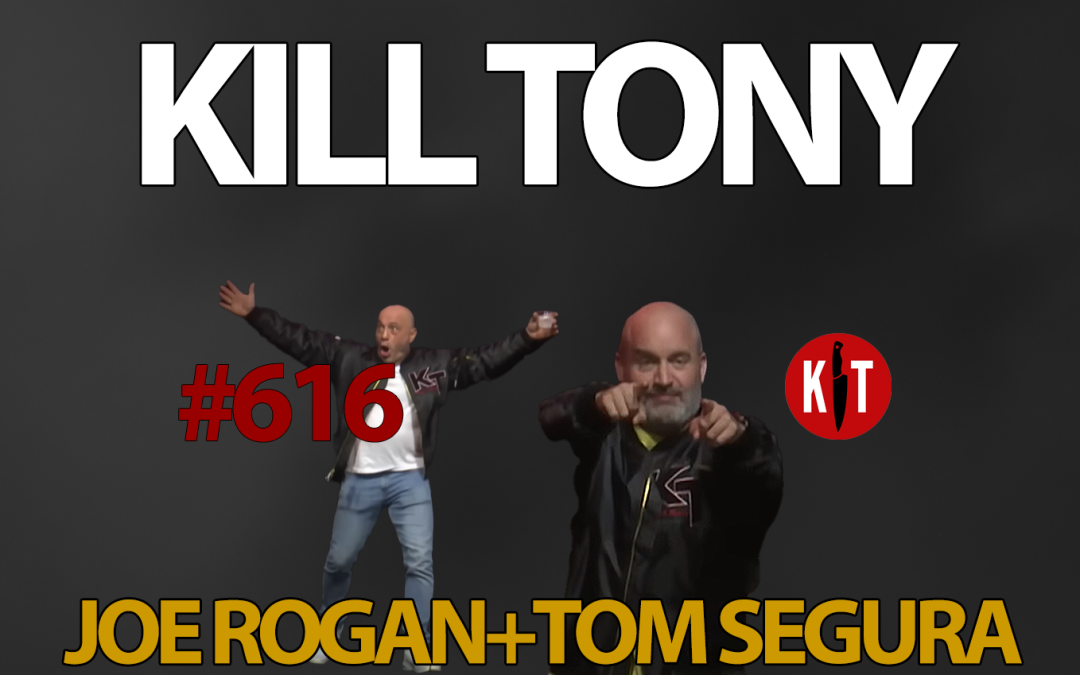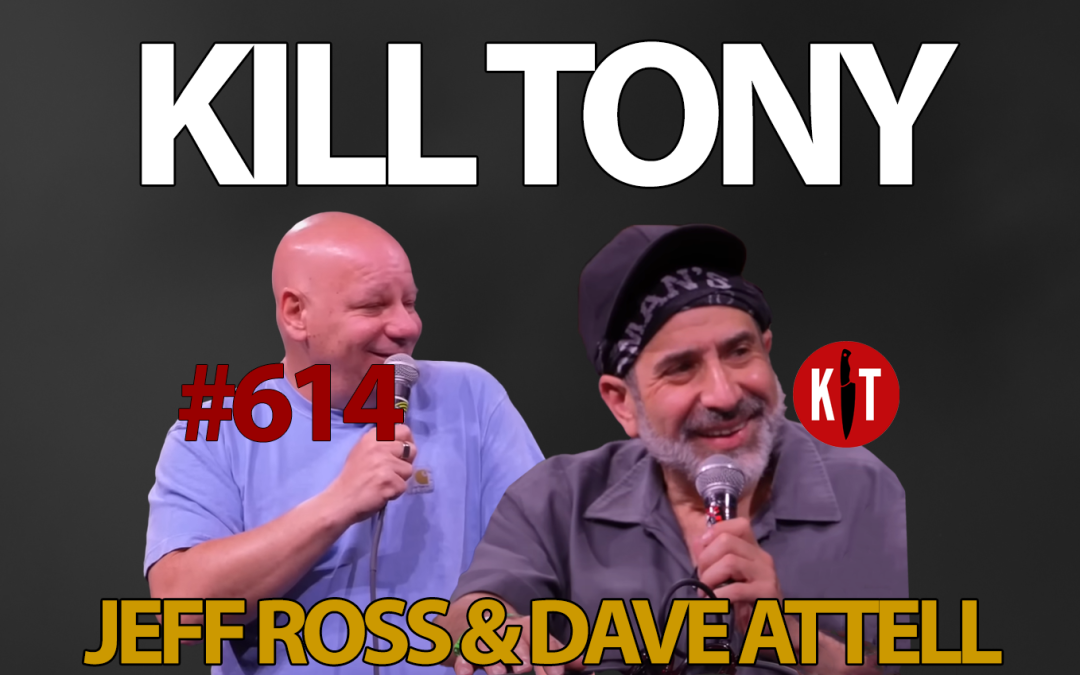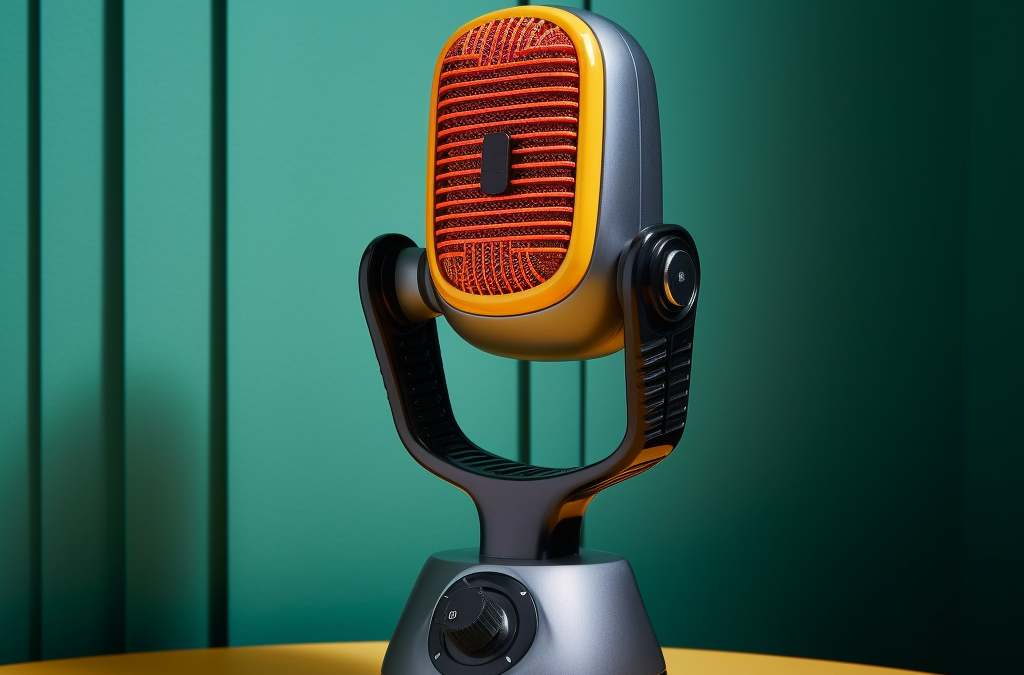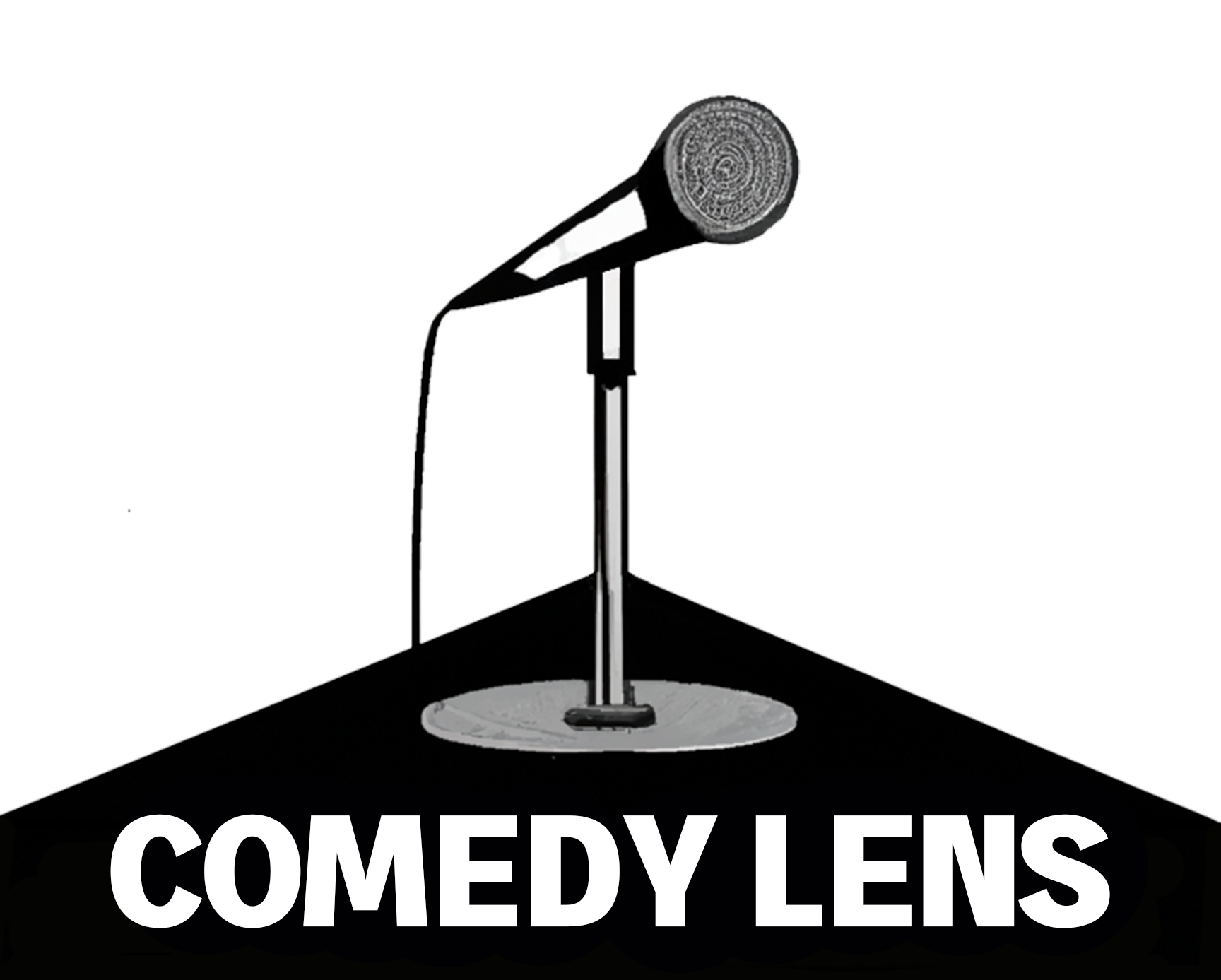May 8, 2023

Starting a comedy podcast can be an exciting venture for individuals with a passion for humor and the ability to make others laugh. In recent years, podcasts have gained tremendous popularity, providing a global platform for like-minded individuals to share their interests and passions. Comedy podcasts in particular offer a unique blend of entertainment and engagement, attracting listeners who enjoy a good laugh while exploring various topics in a light-hearted manner.
Embarking on the journey to becoming a podcaster requires careful planning, a good sense of humor, and a passion for the subject matter. Choosing the right topic is crucial, as it ensures that the creator can consistently produce content that is both funny and appealing to their target audience. In addition, understanding the technical aspects of podcasting, such as equipment and audio editing, and developing a strong promotional strategy are essential to success in this diverse and growing market.
With our step-by-step guide on how to start your own comedy podcast, you’ll gain the knowledge and confidence to navigate these aspects seamlessly, allowing you to create a hilarious and engaging show that captivates your audience and keeps them coming back for more.
Planning Your Comedy Podcast
When setting out to start your own podcast, it’s important to carefully plan the various elements of your show. This section covers key aspects to consider when planning your podcast, such as choosing a niche and concept, name and branding, developing a format and structure, content planning and research, and defining your target audience.
Choosing a Niche and Concept
Choosing a comedy podcasting niche is crucial to making your content stand out among the many podcasts out there. Start by identifying a topic you are passionate about and knowledgeable about, such as stand-up comedy, improv, comedy news, etc. A unique concept will help establish your show’s distinctive voice and keep your audience’s attention.
Name and Branding
Once you’ve chosen a niche, it’s important to come up with a name for your podcast that encapsulates your concept and attracts listeners. The podcast name is another great way to make your podcast stand out. Keep the name simple, memorable, and reflective of your targeted genre, such as comedy. In addition, consider developing a logo that reflects your brand and can be used for visual representation on various podcast platforms.
Developing a Format and Structure
Create a consistent format and structure for your podcast to build familiarity with your audience. When planning your format, consider various elements such as episode length, the inclusion of co-hosts or guests, and the types of comedy sketches or segments you want to feature. Experiment with different structures until you find one that best fits your unique niche and concept.
Content Planning and Research
Develop a plan for your episodes, including topics to cover, comedy sketches, and any research needed to provide accurate and humorous content. Depending on your niche, research may include keeping up with current events or becoming an expert in a particular comedy subgenre. Content planning should also include writing humorous scripts or outlines for each episode to ensure consistent quality throughout your show.
Defining Your Target Audience
Identify your audience by considering factors such as age, interests, and comedy preferences. Understanding your audience will help you tailor your podcast content to resonate with your listeners, ultimately increasing engagement and building a loyal following. Be sure to cater to your audience’s preferences while staying true to your unique voice and style.
Build an Audience
Once you have defined your target audience for your podcast, it’s time to focus on building and expanding your listenership. Here are some effective strategies to help you attract and retain a dedicated audience:
- Promote your podcast: Utilize various marketing channels to spread the word about your podcast. Create a compelling trailer and share it on social media platforms like Facebook, Twitter, Instagram, and LinkedIn. Engage with potential listeners by joining relevant online communities and forums where your target audience congregates. Collaborate with other podcasters or influencers in your niche to cross-promote each other’s shows. Additionally, consider leveraging email marketing by creating a newsletter to update subscribers about new episodes and share behind-the-scenes insights. These are the best approaches to getting traffic to your podcast today which is why we cover ways to promote in further detail below.
- Optimize your podcast for search engines: Make sure your podcast is discoverable by optimizing it for search engines. Choose a descriptive and keyword-rich title for your show that reflects its content. Craft engaging and informative episode titles and descriptions that incorporate relevant keywords. Submit your podcast to popular directories like Apple, Spotify, Google, and Stitcher to increase its visibility.
- Encourage listener engagement: Foster a sense of community by actively engaging with your audience. Encourage listeners to leave reviews and ratings on podcast platforms, as positive feedback can attract new listeners. Respond to comments and messages on social media, and consider creating a dedicated email address for listeners to contact you directly. Incorporate listener questions and suggestions into your episodes, as it shows that you value their input. All of these tactics are a great way to way to build a fanbase that shares your interests and hobbies.
- Provide valuable and consistent content: Deliver high-quality episodes on a consistent basis to keep your audience engaged. Research and plan your content meticulously, addressing topics that resonate with your target audience. Aim to provide unique insights, practical tips, and entertaining stories that add value to their lives. Be authentic and true to your podcast’s voice and style, as it helps create a loyal following.
- Collaborate with guests and experts: Invite guests and experts relevant to your podcast’s niche to appear on your show. These collaborations not only provide fresh perspectives and expertise but also expose your podcast to their followers and networks. Cross-promotion with guests can significantly expand your audience and introduce your show to new listeners.
- Leverage social media and multimedia content: Create a strong presence on social media platforms that align with your target audience. Share snippets, teasers, or short clips from your episodes to generate interest and entice listeners to tune in. Consider creating video content for platforms like YouTube or TikTok to engage with a wider audience and showcase behind-the-scenes moments or interviews.
- Attend podcasting events and network: Look for podcasting conferences, meetups, or industry events where you can connect with fellow podcasters and potential listeners. These events offer opportunities to learn from industry experts, exchange ideas, and promote your podcast. Networking with other podcasters can lead to cross-promotion and collaborations, further expanding your reach.
Remember, building an audience takes time and dedication. Stay consistent, adapt to feedback, and continuously refine your content to keep your listeners engaged. By implementing these strategies, you’ll be on your way to growing a dedicated audience for your podcast.
Getting the Right Equipment
Starting any podcast requires investing in essential equipment to ensure quality sound and recording. In this next section, we’ll cover everything you need to consider when setting up your studio.
Microphone Selection
One of the most important pieces of equipment for great content is a quality mic. This Blue Yeti USB Microphone is by far the most popular choice among beginning podcasters. If you are serious about podcasting and want to splurge on the best option up front, the Shure SM7B is the best all-around choice. It will instantly put your audio quality on par with podcasters like Joe Rogan, Marc Maron, and Theo Von. Higher sound quality can allow the podcast audience to feel connected to the host, but don’t let your budget be an excuse to put off starting your podcast. Check out these podcasting microphones under $50.
Recording Software
Next, you’ll need reliable software to record and edit your episodes. Popular choices include Audacity (free), Garageband, and Adobe Audition. Remember to choose software that meets your specific needs, whether you’re looking for simplicity, advanced editing tools, or features specific to podcasting.
Headphones
When recording and editing your unique podcast, a decent pair of headphones is essential. Headphones provide better sound clarity compared to built-in speakers, enabling you to monitor and adjust your audio levels effectively. Invest in a pair that offers comfort and durability while complementing your other recording equipment. The Sennheiser Professional HD 280, used on the JRE podcast, provides top-notch quality at a reasonable price.
Budget and Investment
Starting a podcast does not need to be a high-cost venture. The basic equipment, such as microphones, headphones, and a recording device, can be purchased within an estimated budget of around $400 or less. Assess your financial situation and allocate funds accordingly; avoid spending too much on unnecessary items, and focus on the elements that directly impact your podcast’s sound and recording quality.
Creating and Recording Episodes
Episode Preparation
Before you start recording a bunch of different topics, it’s important to plan your content by creating an outline for each episode, and how it aligns with your content plan as a whole. This familiarity with the topics you want to cover will help your delivery feel smooth and natural. Set the tone for your episode by considering your audience’s tastes and interests, as well as popular culture topics that will appeal to those who love comedy and newcomers alike.
It’s also important to create a catchy intro to grab listeners’ attention from the start and make them want to listen to the rest. There are several ways to do this, including incorporating catchy intro music or starting with a funny anecdote. Remember to consider the length of your episode, as longer episodes may require more varied content and guests.
Interviewing Guests
Inviting guests, especially comedians or those with a comedic background, can add humor and excitement to your podcast. When interviewing your guests, it’s important to maintain a relaxed atmosphere to encourage natural laughter and make the conversation enjoyable for both the participants and the audience.
Research your guests before the interview to ensure the conversation flows smoothly and stays relevant to the topic of your podcast. You can also prepare a list of fun, engaging questions to keep the conversation lively and entertaining. Make sure you have the proper equipment, such as headphones and microphones, for clear sound quality during the interview.
Incorporating Humor
Incorporating humor into your podcast is key to differentiating it from other programs and building a loyal audience. To do this, consider creating content that incorporates different styles of comedy, such as stand-up, sketch comedy, or panel discussions. Incorporating different voices and perspectives can help create engaging and dynamic content and provide fresh, exciting material for your listeners. The same ideas spun in a different light make the difference between a good podcast and a viral podcast.
It’s important to analyze and use comedic timing correctly, as well-executed humor can make or break an episode. Make sure your jokes and humorous anecdotes resonate with your audience, and avoid topics or styles of humor that may be offensive or controversial.
Editing and Production
Producing an episode typically involves thorough editing and sound enhancements. This ensures the final output is engaging, and the storytelling has a smooth, consistent flow.
Audio Editing Software
Selecting the right audio editing software is crucial to achieving professional-quality podcasts. Consider using popular tools such as Descript, Audacity, and Adobe Audition. These programs allow you to cut, mix, and edit your podcast’s audio tracks with ease, ensuring smooth transitions between various segments. Choose the one that is most intuitive to you and remember to allow ample time to edit each episode before the expected release date.
Adding Music and Sound Effects
Music and sound effects play a key role in enhancing the comedic experience for your listeners. Intro and outro music helps set the mood for your podcast, while sound effects can emphasize and punctuate your jokes. There are numerous online libraries available to source royalty-free music and sound effects. In fact, there are so many options to choose from, it can sometimes be overwhelming. Always ensure you have the necessary permissions to use the audio elements in your podcast.
Transcription Services
Transcribing your podcast episode can improve accessibility, making it easier for a wider audience to understand and engage with your content. Various transcription services, such as Rev and Temi, can help you with converting your podcast episodes to text. Some audio editing software also provides transcription options for podcasters.
Proper editing and production are essential to make your comedy podcast stand out. Remember to invest in suitable recording equipment and dedicate time to refining your storytelling for a successful and entertaining podcast.
Publishing and Distribution
Choosing a Hosting Platform
The first step to publishing and distributing your content is to choose a podcast hosting platform. This platform will store your audio files and generate your RSS feed. Some popular podcast hosting platforms include SoundCloud, PodBean, iTunes, Spotify, YouTube, Buzzsprout, and Libsyn. Consider factors like features, storage limits, and subscription costs when selecting the best platform for your podcast.
Creating an RSS Feed
After uploading your audio files to the hosting platform, you will need to create an RSS feed. The hosting platform will usually generate this feed for you. The RSS feed is essential for submitting your podcast to directories and allowing listeners to subscribe to your show. Make sure your podcast information (title, cover art, and description) is accurate and compelling in the feed.
Submitting to Podcast Directories
Now that your RSS feed is ready, it’s time to submit your podcast to directories. This will help maximize exposure and reach new audiences. Reference our list above for the most popular directories. You may also want to submit your podcast to other popular directories such as Google Podcasts and Stitcher.
Each directory may have slightly different submission procedures. For example, to submit your podcast to Apple, you’ll need to create an Apple ID and sign in before adding a new podcast. The submission process for Spotify and other directories is different. Check their guidelines and follow their requirements to get your comedy podcast published.
Once your podcast is submitted to various directories, don’t forget to promote it on your website, social media, and other channels to attract more listeners. The success of your comedy podcast depends on both the quality of your content and the effectiveness of your promotion strategy.
Promoting Your Comedy Podcast
Now that you are officially a comedy podcaster, it’s essential to promote it effectively to attract listeners and grow your audience. In this section, we will discuss various strategies that can help boost your comedy podcast’s visibility and reach. These strategies include social media marketing, leveraging influencers and guests, and cross-promotion with other podcasts.
Social Media Marketing
Creating a strong online presence will help you connect with your audience and showcase your content. Start by setting up profiles on popular social media platforms such as Instagram, Facebook, YouTube, and Twitter. Include your podcast’s logo and identity in profile pictures and cover photos.
For engaging social media content, consider posting excerpts from your podcast, behind-the-scenes footage, and promotional images. Interact with your followers by responding to their comments and joining conversations related to your podcast’s niche.
Follow people who are fans of content similar to yours and see if they will return the favor. Another effective method is to post in the comment sections of posts made by other popular comedy podcasts and comedians. As your audience grows, use social media to announce events, new episodes, and collaborations to keep your followers informed and excited about your podcast.
Leveraging Influencers and Guests
Another powerful tool for promoting your comedy podcast is leveraging the popularity of influencers and guests relevant to your niche. Offering potential guests benefits such as exposure to your audience and testimonials from past guests can help attract notable personalities who can contribute valuable content and engage in memorable, motivational, and inspiring conversations.
After recording episodes with guests or influencers, encourage them to share the episodes on their social media profiles and websites. This exposes your comedy podcast to a broader audience with similar interests, generating more listeners and potential subscribers.
Cross-Promotion with Other Podcasts
A considerable part of growing your comedy podcast involves collaborating with other content creators. Seek out podcasts related to your niche and offer to exchange promotional spots or share episodes on each other’s platforms. This cross-promotion strategy can help expose your podcast to new audiences and attract listeners interested in various types of comedy or similar inspirational, skill-based, and event-driven content.
By implementing these promotion strategies, you can effectively build your comedy podcast’s online presence, attract new listeners, and grow your audience.
Monetizing Your Podcast
Monetizing a comedy podcast requires a strategic approach that leverages multiple revenue streams. In this section, we will explore three main methods of monetization: Sponsorships and Advertising, Paid Subscriptions, and Merchandise.
Sponsorships and Advertising
One of the most common ways podcasters generate revenue is through sponsorships and advertising. By connecting with brands that align with your favorite subject matter and target audience, you can create a mutually beneficial arrangement. For example, if your podcast features two friends discussing various comedy novels, partnering with a book retailer could be an ideal match. When selecting potential sponsors, consider the preferences and habits of your listeners, as they are more likely to engage with advertisements that resonate with their interests.
Paid Subscriptions
Another effective monetization method is offering paid subscriptions for exclusive content. By providing bonus episodes or ad-free listening experiences, you can incentivize listeners to support your podcast financially. Platforms like Spotify and Patreon can help you easily implement subscription features. It’s essential to strike the right balance between free content and paywalled material—ensuring that your podcast remains accessible to a broad audience while rewarding paying subscribers with additional value.
Merchandise
Creating and selling merchandise is another way to connect with your listeners and generate income. From T-shirts and mugs to stickers and posters, offering physical products that feature your theme or logo can help you grow both your brand and your revenue. According to Castos, letting your audience connect with the show outside of listening to the latest episodes can boost engagement and foster a sense of community among your fans.
Monetizing your work may take time and effort, but by leveraging a mix of strategies, you can create a revenue stream that supports your passion for entertaining and engaging with your listeners. Whether you’re a single host discussing popular comedy or a group highlighting the latest trends in stand-up comedy, a well-structured monetization plan can help secure your podcast’s longevity and success.
Final Thoughts
To create a successful comedy podcast, it’s important to focus on developing a unique and engaging concept that resonates with your target audience. Take the time to choose a good name and invest effort into perfecting your script to ensure that your content is consistently humorous and entertaining.
Building a strong connection with your audience is essential as it will encourage them to become loyal listeners. Strengthen this connection by infusing your content with your own personality and passions, allowing listeners to relate to you on a personal level.
When working on the introduction and conclusion of your episodes, aim to make a lasting impression that leaves listeners wanting more. Create a sense of anticipation and excitement while also providing closure and expressing gratitude at the end of each episode.
Now that you have all the necessary information, it’s time to get started. Begin with just one episode and continue refining the process as you go along. If you’re seeking inspiration, consider checking out the early episodes of The Joe Rogan Experience for free on Spotify and observe the remarkable journey that led to its current success.
By following these steps and keeping your audience engaged, you can significantly increase your chances of launching a successful comedy podcast that keeps listeners coming back for more.

Story Warz: The New Comedy Podcast of Deception and Detection
Looking for a fresh comedy podcast that will have you laughing and guessing? Story Warz combines the perfect mix of storytelling, comedy, and competitive gameplay. Hosted by renowned Legion of Skanks comedians Big Jay Oakerson and Luis J. Gomez, this innovative...

Casey Rocket Blasts Off as the New Regular on Kill Tony
In an exhilarating shake-up to the Kill Tony universe, fans of the live podcast were treated to a high-octane announcement: Casey Rocket has officially been named the newest regular, set to open the show with his inimitably eccentric comedy. Rocket is stepping in for...

The Best Comedy Podcasts for Every Day of the Week
In today's fast-paced world, it's crucial to stay informed and engaged with the latest news and media. However, amidst all the information overload, it's essential to find time for laughter and entertainment. Comedy podcasts offer a perfect blend of humor and...

Kill Tony #618 – Trevor Wallace + Brian Simpson: Recap of the Latest Episode
Kill Tony, a comedic gem in the podcast scene, has consistently made waves in Austin, Texas with its one-of-a-kind mix of humor, talent, and spontaneous moments. The recent night was a rollercoaster ride with numerous comedians experiencing tough sets, yet the...

Kill Tony #616 – Joe Rogan & Tom Segura: Recap of the Latest Episode
A decade ago, a unique live podcast called Kill Tony was birthed into the comedy world. Fast forward ten years, and the show's enduring legacy continues to reverberate through packed auditoriums and the hearts of its ever-growing audience. The ten-year anniversary...

Kill Tony #615 – Theo Von: Recap of the Latest Episode
Ladies and gentlemen, get ready to laugh your socks off as Kill Tony, the podcast that's taking the comedy world by storm, is back with another episode! In this exciting installment, host Tony Hinchcliffe is joined by the hilarious comedian Theo Von, as they welcome a...

Kill Tony New Year’s Show: Live from the H-E-B Center
Kill Tony, the popular live podcast show, is set to make history with a New Year's Eve live from the H-E-B Center at Cedar Park. The show, which will take place on December 31, 2023, is expected to draw a large crowd of fans from across the country. The show will...

Kill Tony #614 – Dave Attell & Jeff Ross: Recap of the Latest Episode
In the world of stand-up comedy, Kill Tony is a beloved podcast that offers a platform for emerging comedians to showcase their talents. In episode #614, the show welcomes two legendary comedians, Dave Attell and Jeff Ross, for a night of laughs and unfiltered...

Kill Tony #613 – Eleanor Kerrigan: Recap of the Latest Episode
The guest for today's episode of Kill Tony is Eleanor Kerrigan, a Comedy Store legend and one of the best female stand-up comedians on the planet. She has been in the comedy scene for over 16 years and has trained directly under the late Mitzi Shore, who helped her...

The Best Comedy Podcast Microphones Under $50 in 2023
If you're a comedian looking to start your own podcast, one of the most important pieces of equipment you'll need is a podcasting mic. With so many options available, it can be hard to know where to start. When it comes to podcasting, sound quality is key. A...
Related Articles
Trae Crowder Releases New Comedy Special: ‘Trash Daddy’
Comedian Trae Crowder, known for his viral videos as the "Liberal Redneck," has once again taken the comedy world by storm with his sophomore stand-up special, Trash Daddy. Released on YouTube via 800 Pound Gorilla Media on March 13, 2025, this one-hour special...
Adam Ray Release New Comedy Special: ‘Like And Subscribe’
Adam Ray returns with the release of his third comedy special, Like and Subscribe. A beloved figure in comedy circles, Ray has made a name for himself not just on stage and podcasts, but on the big screen as well, with impressive roles that showcase his dynamic...
Colin Quinn Releases New Comedy Special: ‘Our Time Is Up’
In the ever-shifting landscape of digital content, comedy has found a resilient platform on YouTube, and the latest to grace this arena is Colin Quinn with his comedy special, Our Time Is Up, released on May 6. Quinn, known for his sharp wit and unapologetic...



